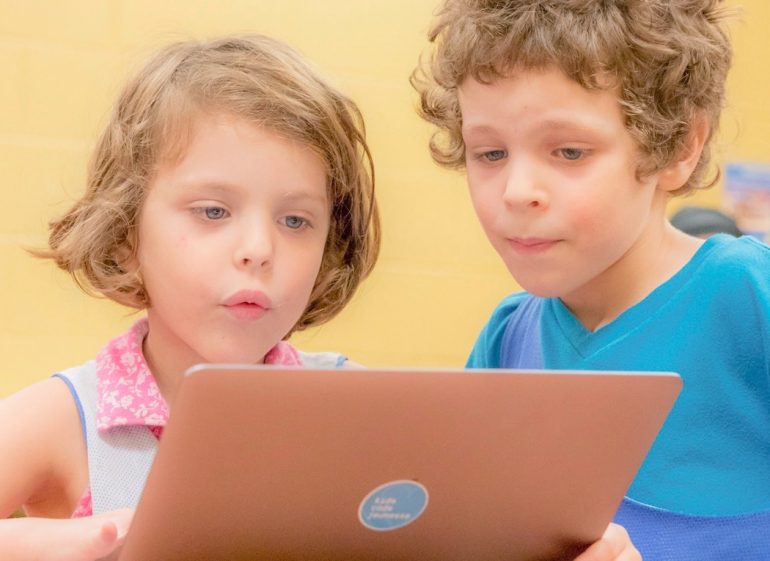Kids Code Jeunesse, a Montreal-founded non-profit teaching children to code, has received an $8.1 million investment from the federal government as part of the second phase of its CanCode program.
“It is our collective responsibility to ensure that kids’ education keeps up with the digital revolution.”
Kids Code Jeunesse’s mission is to provide Canadian youth with access to digital skills education, with a focus on girls and underserved communities. With the new investment, the organization will provide 415,000 coding and digital skills training opportunities to K-12 students, as well as to 12,000 teachers across the country.
“Young Canadians are the leaders of tomorrow and will drive our economic success for years to come,” said Navdeep Bains, minister of innovation, science and economic development. “By investing in resources that teach them digital skills and making higher education more affordable, our government is helping them transition successfully from classrooms to research labs, shop floors or boardrooms.”
Founded in Montreal in 2013, Kids Code Jeunesse offers four programs, include Code Club, a volunteer-run network of free clubs across every province and territory, an extracurricular coding camp, introductory digital skills events in public spaces, and classroom visits to provide students and teachers with tools to familiarize themselves with digital skills.
In January, Kids Code Jeunesse partnered with coding bootcamp Lighthouse Labs to venture to Northern Canada as part of the national Code Create Teach Initiative. Kids Code Jeunesse was also among the organizations that received a $6 million grant from the federal government’s $50 million CanCode initiative in January.
In April, the organization launched #kids2030, an initiative aimed at educating one million kids about AI, through in-class programming and workshops, by the year 2030. The initiative will be targeted toward elementary school students, and will give them the chance to learn about and experiment with algorithms and neural networks, in the same way that industry experts do.
RELATED: Actua receives $12 million from CanCode, marking second investment from the program
“It is essential that Canadians are educated to be engaged citizens with an understanding of how to communicate and create in the world around them,” said Kate Arthur, founder and CEO of Kids Code Jeunesse. “Canadians need to learn computational thinking, algorithmic literacy and how to build with technology. And it is our collective responsibility to ensure that kids’ education keeps up with the digital revolution.”
CanCode is a two-year federal program, aimed at supporting opportunities for K-12 students to learn digital skills like coding, data analytics, and digital content development. CanCode has a student stream and a teacher stream, and recipients provide digital skills and learning opportunities to students from kindergarten to Grade 12 or training programs and workshops for teachers. The federal budget for this year invested $60 million into CanCode, in addition to the $50 million from Budget 2017, giving it a total value of $110 million.
“Preparing the next generation to succeed in an increasingly digital world requires investing in the youth of today,” said Harjit S. Sajjan, minister of national defence. “Encouraging young women, Indigenous peoples and under-represented groups in this industry will make Canada’s digital economy more competitive. This commitment means that students and teachers in every province and territory will have the opportunity to learn critical digital skills.”
Image courtesy Kids Code Jeunesse


